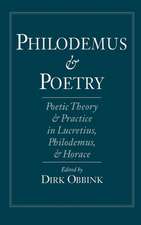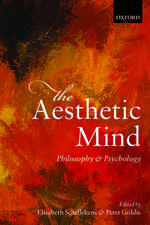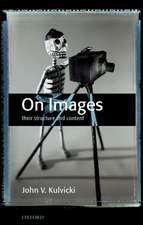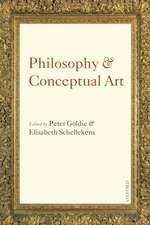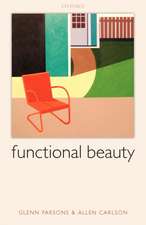Empathy: Philosophical and Psychological Perspectives
Editat de Amy Coplan, Peter Goldieen Limba Engleză Hardback – 27 oct 2011
| Toate formatele și edițiile | Preț | Express |
|---|---|---|
| Paperback (1) | 339.65 lei 41-52 zile | |
| OUP OXFORD – 26 iun 2014 | 339.65 lei 41-52 zile | |
| Hardback (1) | 725.65 lei 41-52 zile | |
| Oxford University Press – 27 oct 2011 | 725.65 lei 41-52 zile |
Preț: 725.65 lei
Preț vechi: 934.63 lei
-22%
128.35€ • 152.45$ • 111.77£
Carte tipărită la comandă
Livrare economică 27 martie-07 aprilie
Specificații
ISBN-10: 0199539952
Pagini: 432
Dimensiuni: 151 x 236 x 31 mm
Greutate: 0.79 kg
Editura: Oxford University Press
Colecția OUP Oxford
Locul publicării:Oxford, United Kingdom
Descriere
Empathy has for a long time, at least since the eighteenth century, been seen as centrally important in relation to our capacity to gain a grasp of the content of other people's minds, and predict and explain what they will think, feel, and do; and in relation to our capacity to respond to others ethically. In addition, empathy is seen as having a central role in aesthetics, in the understanding of our engagement with works of art and with fictional characters. A fuller understanding of empathy is now offered by the interaction of research in science and the humanities. Empathy: Philosophical and Psychological Perspectives draws together nineteen original chapters by leading researchers across several disciplines, together with an extensive Introduction by the editors. The individual chapters reveal how important it is, in a wide range of fields of enquiry, to bring to bear an understanding of the role of empathy in its various guises. This volume offers the ideal starting-point for the exploration of this intriguing aspect of human life.
Recenzii
a must have read for any researcher on empathy not only for researchers on empathy in philosophy.
This book provides a wide and rich overview of the ago-old problem of empathy, and should be on every library shelf ... there is much here for deep reflection and the authors are to be commended highly for their enterprise in producing such an enormous, stimulating book on such a difficult and wide-ranging, inter-personal component of human behaviour.

